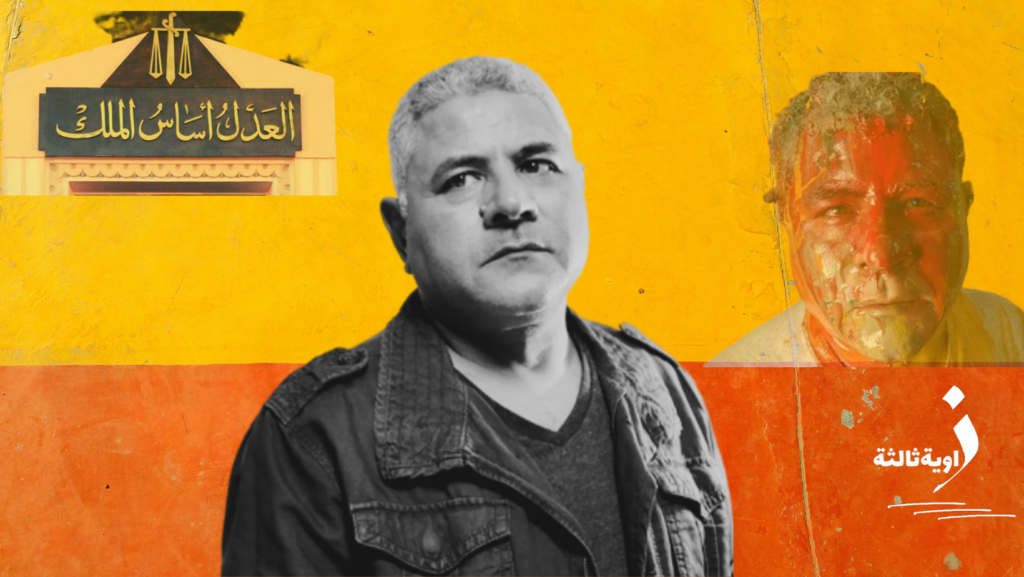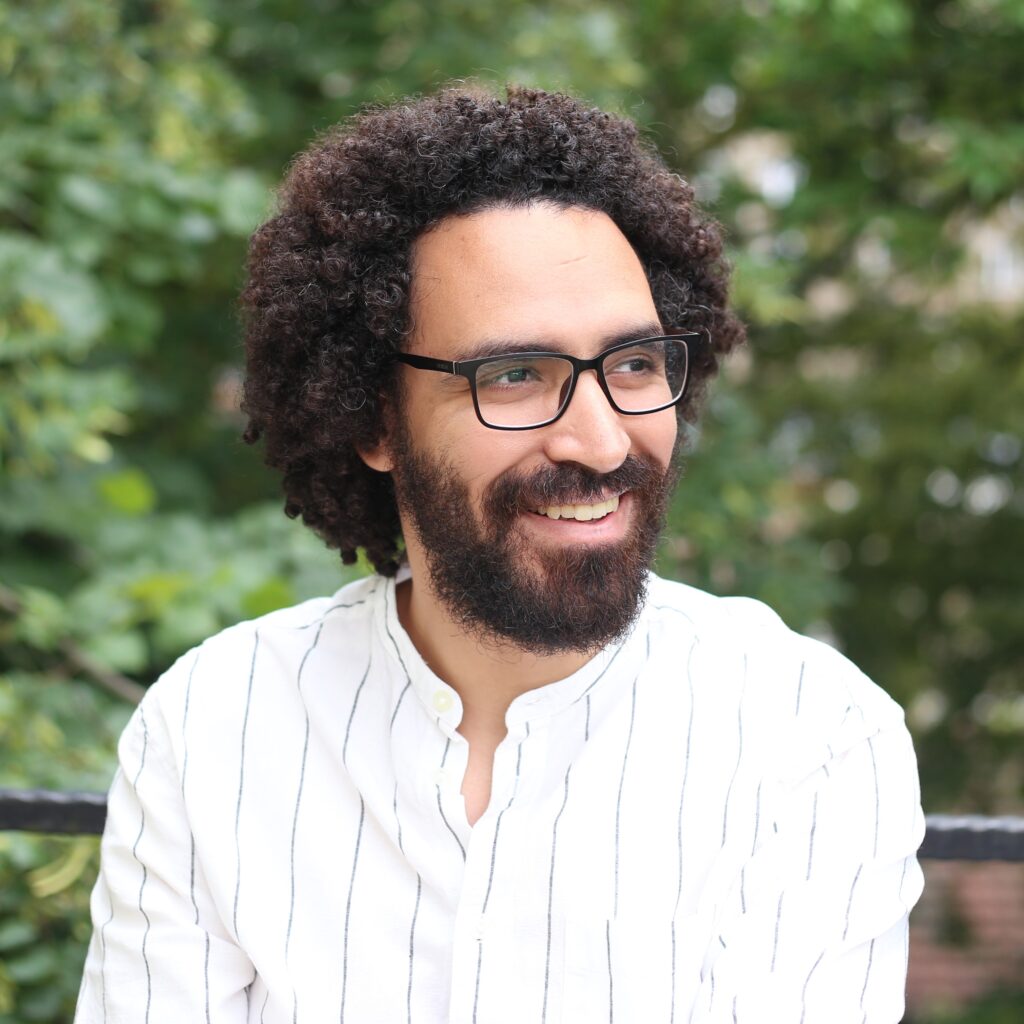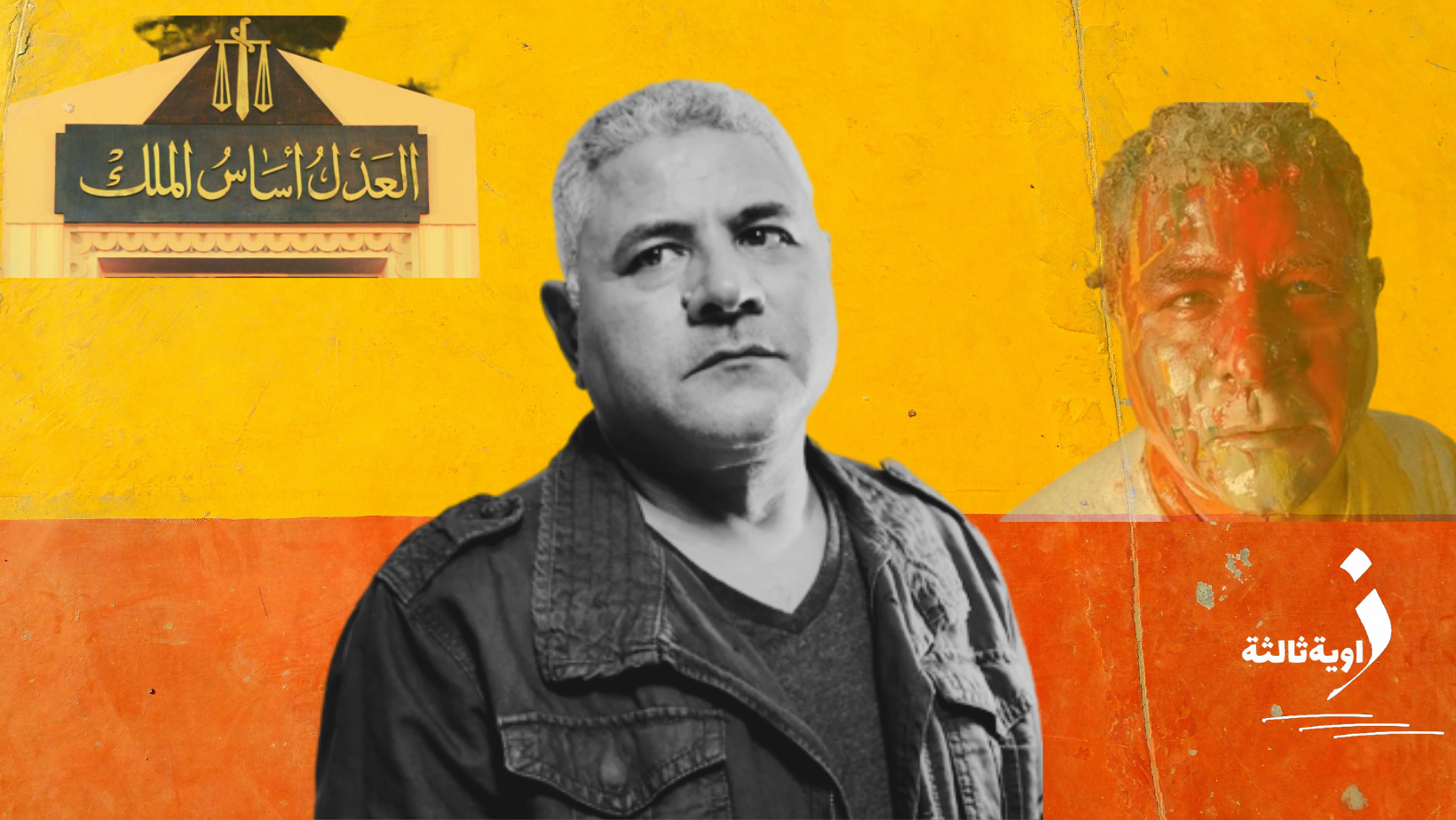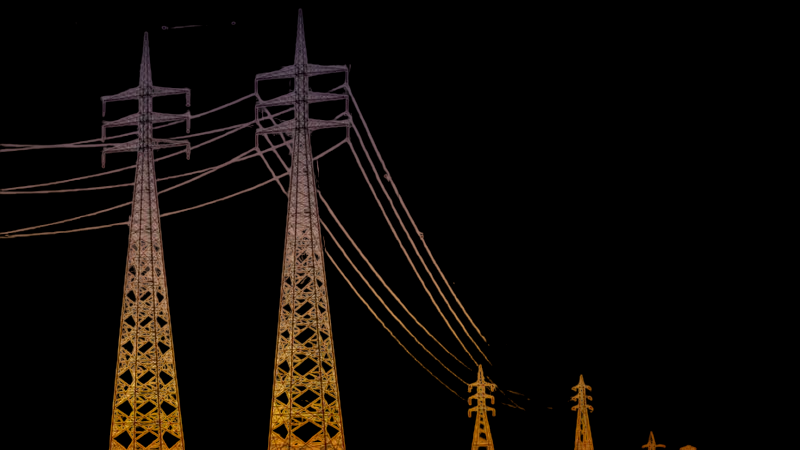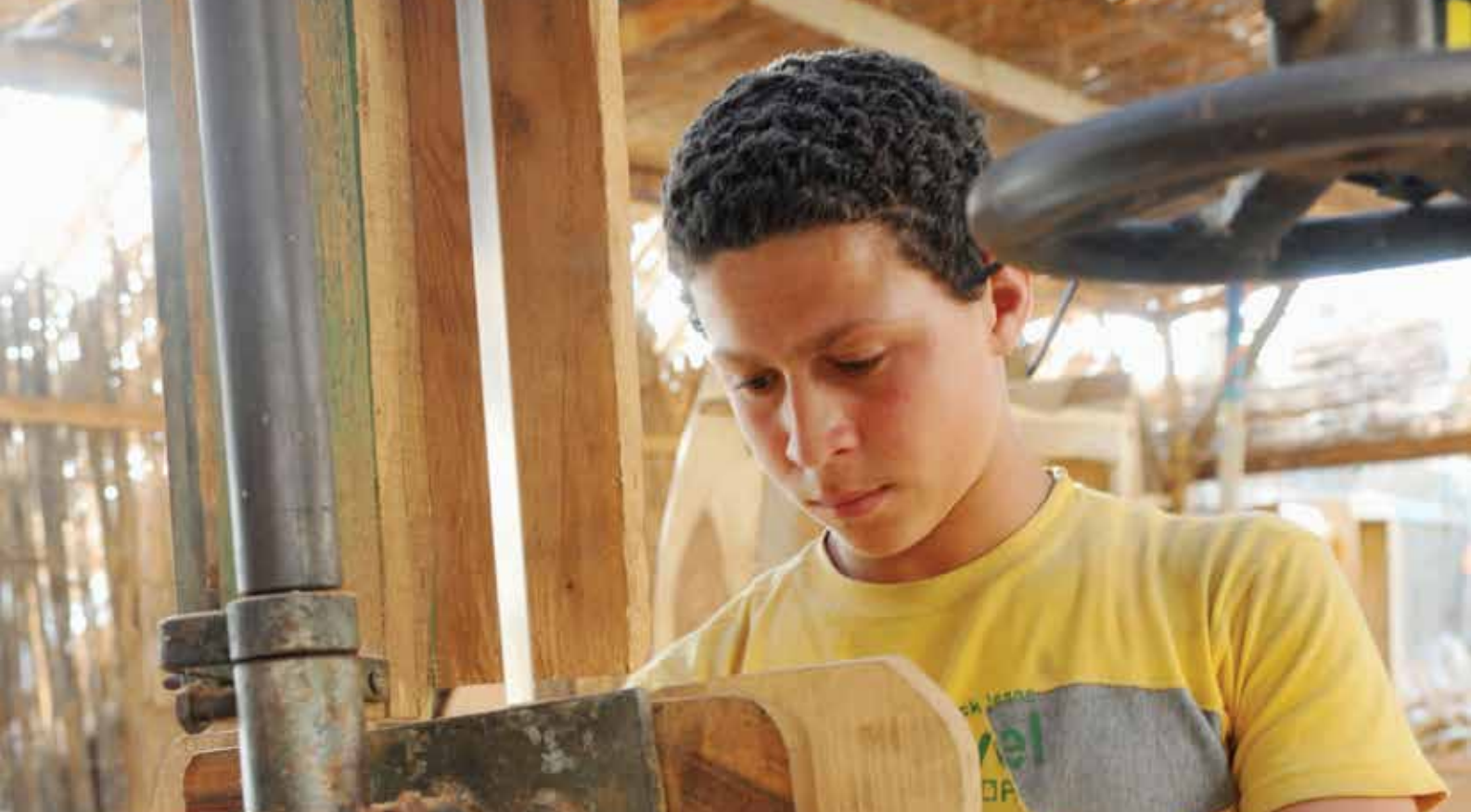Ahmed Gamal Ziada
■ The regime’s lack of genuine political will for reform and disregard for the rule of law is evident, opting for superficial gestures to improve its image through staged national dialogues.
■ There’s been no discernible sign that these elections will deviate from the scripted presidential theatrics of the past.
■ If we consider these elections seriously, and assuming that’s possible, Ahmed Tantawi seems to be the only viable option worth rallying behind.
■ Loss of faith in justice translates to loss of faith in the law’s protective and rights-granting capabilities. This fosters a law-of-the-jungle scenario where people take justice into their own hands.
■ Presently, governance relies on the might of tanks. Ruling a populace solely through brute force and coercion isn’t sustainable in the long run. Sustained control through force is feasible only when the system can provide for the people.
■ Efforts are made to stifle our voices of criticism, despite legal provisions allowing it. We must actively promote criticism and deny those seeking to instill fear in society the opportunity to perpetrate such a crime.
In the mid-1980s, he was returning from Ain Shams University, where he studied law and witnessed a humiliating incident against an Egyptian citizen’s dignity. The Egyptian police had forced a citizen to wear women’s clothes on the street and beaten him to degrade and humiliate his dignity, making him an example for those on the street. This is what Gamal Eid, the Egyptian human rights lawyer, told us. He considers it a turning point in his life and the beginning of being a prominent human rights activist who would later lead one of the most important Egyptian organizations defending freedom of expression—the Arabic Network for Human Rights Information (ANHRI), which was closed last year. Eid said, “At that time, I was in the Faculty of Law, and we were taught that the law punishes the criminal but should not waste his dignity at the hands of those who are supposed to enforce the law. It was a sadistic scene that I cannot forget, and the painful part is that some around me treated it as if it were normal. The Mubarak regime tried to make violations appear ordinary.”
Eid fell silent for a moment, seemingly going back in his memory to 1985, another turning point from a law student to a human rights defender when Egyptian soldier Suleiman Khater was killed. Eid said, “I was and still am convinced that the Mubarak regime killed him in prison to appease the Zionists. As a law student, I found that there were two problems: firstly, the regime claims patriotism and kills a soldier to appease those who are enemies of the nation. Patriotism claims are the last refuge of scoundrels. Secondly, they manipulate the law to serve politics. The law should be neutral and fair, not biased and serving power or used to suppress people.”
Suleiman Khater, whom Eid mentioned was influenced by his killing, was an Egyptian soldier who fired at Israeli infiltrators in 1985 in the Ras Burqa area in southern Sinai, killing seven of them. He was referred to a military trial that sentenced him to life imprisonment for 25 years. He was later transferred to the prison hospital under the pretext of treating him for bilharzia. On January 7, 1986, the radio announced and newspapers published the news of his suicide, and the case was not investigated and was closed.
Eid explained that these two incidents had an impact on his life, and as a result, “I have been volunteering in human rights since 1989 until 1993, and I was a director in Amnesty International groups, which the Egyptian security refused to acknowledge its branch in Egypt. Since 1993 until now, I have been a human rights professional and have been through many human rights organizations,” Eid continued. “Human rights are not a job you can quit. They are principles we defend, and we must continue to defend rights whether we are part of an organization or individuals,” Eid said in response to a question about whether he would stop human rights work in the current closed overall climate.
And to the interview text…
Why didn’t you participate in the national dialogue?
With the announcement of the start of a national dialogue, I had doubts, and due to my experience and confidence that the regime lacks the political will for reform and respect for the rule of law, and is striving hard to take symbolic steps to beautify its image without improving the actual state of freedoms and the absence of justice, I hoped I was wrong; unfortunately, this regime continued to oppress and waste justice and freedoms for Egyptians, failing to realize that this is not and will not be the solution to the predicament it has put itself in. When the national dialogue began, I realized that it was like previous symbolic steps, such as the National Strategy for Human Rights, ending the state of emergency, forming a pardon committee, and forming a new National Council for Human Rights, all of which – without exception – were steps for media consumption and image beautification. The dialogue became an opportunity to take pictures and fill newspapers and media programs with empty words and sterile debates that did not benefit the citizen in any way. It did not move the troubled human rights situation an inch forward. The only smart step might be not inviting me to this dialogue, and therefore I did not participate, missing the opportunity to declare my refusal to participate in beautifying an appalling reality and misleading people.
How do you view the upcoming Egyptian presidential elections?
So far, I haven’t observed any indications that they will be different from previous electoral dramas, as the regime and the authorities aim to prove us wrong. However, I don’t give myself the right to pass judgment on the future. Despite my skepticism about the seriousness of the regime, I hope that they do it right and return to the right path by providing Egyptians with the opportunity to choose their leaders freely and fairly. If this happens, I believe the ball will be in the court of the democratic opposition, who, if real and serious elections take place, should avoid dispersing the citizens’ votes by announcing multiple opposition candidates. The multitude of candidates affiliated with the civil democratic opposition would serve as a gateway to the continuation of this regime through vote fragmentation.
Do you believe in the existence of a serious potential candidate?
If the elections are indeed serious, as you mentioned, I believe the only opportunity would be for Ahmed Tantawi. Therefore, we must rally around him, even under the logic of a “united front” or a civil alliance to rescue Egypt from its stumbling. Ahmed Tantawi may not be the ideal candidate as I have differences with him, but at the same time, he aligns closest to our positions and has the best chance and could be the only way out from the current military rule. However, I emphasize again that these are merely wishes, and I see them as distant, unfortunately. The recent wave of arrests related to the presidential elections and the decision to grant several human rights organizations the right to monitor and follow the elections, whether local or international, indicates, regrettably, that many of them are complicit and lack credibility, making it clear that these won’t be elections, but something other than elections.
As a lawyer, what is your evaluation of the current justice system?
The deterioration and decline of the justice system in Egypt is a sad and alarming reality. I have witnessed a level of deterioration in the justice system that I have never seen in my more than 30 years of practice as a lawyer. Frankly, I am afraid, because when people lose faith in justice, they lose faith in the law’s ability to protect them and grant them their rights. Consequently, the law of the jungle prevails, and people take matters into their own hands. My assessment of the justice system may be clearer when I tell you that if I had the ability, I would prosecute the Minister of Interior for a misdemeanor. However, I would prosecute judiciary officials, including the public prosecutor, for crimes.
The most dangerous and worst aspect is the near-collapse and deterioration within the justice system. The absence of justice is the most dangerous thing for any society. You can fix executive bodies, the government, the Ministry of Interior, health, education, and media within a year or two, depending on the extent of corruption within these entities. However, justice needs at least 10 years to be reformed because judges cannot be easily removed from their positions. A minister can be dismissed and replaced, but a judge would require significant pressure to step down and make way for a new generation of judges.”
What is the difference between before the January 25, 2011 revolution and now?
It may seem that things were better before the January revolution, and in some aspects, they indeed were. However, upon closer examination, you will discover that people are now more aware of injustices. Before January, corruption and oppression were intense but the public was not aware of it. Now, the public has had a leap in awareness that allows them to see injustices in their natural scale. They no longer downplay the size of the injustices, as was the case during Mubarak’s era. In Mubarak’s days, torture was systematic, but people didn’t see it, so they didn’t believe it. Now, the awareness has increased, so even if torture is at the same level as it was during Mubarak’s time, they feel it more because of their awareness. This extends to the sense of justice and internal violations.
However, if you mean a comparison between the regimes, the current system is more brutal than Mubarak’s. Mubarak ruled for 30 years, and every 10 years he ruled using a different approach, once through the media, once through nationalist rhetoric, and once through suppression. The current regime has done all of this and started its rule with iron and fire to the extent that it exhausted all its tactics. There is no media, and the repeated accusations that anyone who opposes is a member of the Muslim Brotherhood are not believed by anyone. So, the current rule is now clearly ruled by tanks. The popularity of the current regime was more than Mubarak’s, but it lost it very quickly. It lost in 10 years what Mubarak lost in 30 years. You cannot rule a people for a long period through iron and fire. The only thing that can prolong a rule of iron and fire is when the system can feed the people and save them from poverty rather than drown them in it. For example, Gaddafi ruled because he had oil and petroleum, and people could live in prosperity and have access to food, so he ruled with iron and fire but provided for them. It’s difficult for this to continue. In conclusion, I’d like to emphasize that there is a large number of supporters of the current regime who support it out of fear, not endorsement.
Why did you decide to close the Arabic Network for Human Rights Information?
First: The new civil work law is oppressive. While I heard the opinions of some of my network colleagues suggesting that we try to operate under the new law, I found explicit rejection of our existence. One of the conditions for our presence was to be complicit, and under no circumstances should we turn from an institution defending freedom of expression to an institution complicit with those who suppress it.
Second: The continued targeting of the network through the arrest of its employees and researchers and pressure from security forces for them to leave their work with us or be recruited to work for security was a very difficult stance for me. I can bear the consequences of my positions, but others should not pay the price for my stances against the authorities.
Third: There have been numerous harassments, violations, and media smears against us. I personally was surprised by their number when we were monitoring the violations against us in our last statement. It was better for us to close while preserving our name and credibility.
Fourth: Considering that I am still accused in case 173, known in the media as the case of civil society organizations, I am prohibited from signing documents and we cannot open bank accounts. Moreover, I am banned from traveling.”
Why do you see the Law on Civil Society Organizations as unjust?
The law, much like the Egyptian regime’s approach to human rights, tries to present itself as good but falls short. It is difficult for those not involved in human rights work or civil society, or even foreigners, to notice its flaws. The law is not just about informing that you have established an association; rather, the procedures for establishing any association require security approvals, such as opening bank accounts, choosing the association’s name, and other steps. Additionally, under the new law, authorities can intervene in the management and suspend specific activities based on their assessment. They even have the power to dismiss the board of directors. Security, under the new law, controls everything. Banks need security approval to open a bank account even if all your documents are complete. Choosing the association’s name requires security approval. They can also halt specific human rights-related activities at work, claiming they are political in nature. In reality, human rights are very much connected to politics, but they are not partisan. There is also a clear ban on matters related to human rights in a country known for its human rights violations. I’m talking here about matters related to freedom of expression, such as cases of political prisoners, judicial independence, and mistreatment. In one word, this law is evil. Even if you succeed in forming a campaign for freedom of expression, they can halt it, impose fines on you, and take over the administration. This law befits a police state.
Have you received security threats?
I received threats before the attack on me, and even after the attacks. Messages would come to me indirectly through the summoning of some of my colleagues, with instructions not to inform me. However, they were sure that some would tell me what happened.
Eid refers to the attack on him, the assault that occurred in December 2019. Official accusations were made during the investigations against the Minister of Interior, Major General Mahmoud Tawfiq, holding him responsible for the assault that took place on Eid, as “responsible for the actions of those working in the ministry,” according to the lawyer Tarek Khater, who attended the investigations.
Aren’t you afraid after the repeated threats or attacks?
Of course, I’m afraid. Fear is a human emotion despite its difficulty. But what’s even harder is to be complicit. If I have the choice between complicity or fear, I will choose the latter. Living cautiously with some fear is better than living hypocritically and complicit. I want to tell you that even this authority doesn’t accept complicity. You can’t be in the middle; you either be Ahmed Moussa or you’re not. Although I am at ease with the decision to close down, as it relieved me from the pressure and the burden of fearing for the team, I stopped working as an organization. However, I haven’t stopped working. I am still a human rights lawyer. I can now be an individual defending justice, albeit not necessarily at the same capacity. Yet, I am more capable of action.”
How do you see the younger generation of human rights defenders?
I pray for the younger generation of rights activists. They already have the burdens of my generation and the one before, yet they face even greater challenges. However, they have a better capacity for innovation than us. Our generation faced stabs under competition and collusion. The new generation has fewer problems, but much tougher circumstances. I am optimistic about them because of their innovations. After January, they formed a compressed movement under siege, a movement despite its weakness. Mona Seif, Rasha Azab, and Mahienour, this generation fights more ferociously than the war my generation fought, yet they are more successful. It’s because of this resilient generation that I am not worried about the future of human rights defenders, but I truly hope this number increases.
Why don’t we see you in the Egyptian media anymore?
There’s a blacklist sent by security to the media, and I’m not allowed to appear in the media. The media I wish to be a part of is one where our news is constantly featured, not the current media environment.
The most significant media now is social media, where you are the creator and influencer. When I write a post and thousands see it on Twitter, and I have over a million followers, this is better and more honorable than appearing on a show with the presenter Mohamed El-Gheity, where around 30 people, mostly channel employees, would watch. I want to say that I stopped responding to some media figures because I was becoming more famous for responding to them.
Why is the media attacking you?
It’s because of my work related to freedom of expression and my ability to criticize and express myself within legal boundaries. I don’t use insults, but I can criticize profoundly, and this bothers them. The official and affiliated media should have worked to defame me and tarnish my image in response to what I write. They also do this to tarnish my reputation. For instance, they play with search engines, so when you search for Jamal Eid or Hossam Bahgat, you’ll find dozens of insults, but they won’t publish the information from us. If you search for Hossam Bahgat, instead of finding his statement, study, report, or a statement from Jamal Eid, you’ll find dozens of insults. It’s an attempt to distort our work and defame us.
But there’s a positive aspect that many of these journalists have been discarded. More than they insulted me throughout history, individuals like Mohamed El-Gheity, Tamer Abdel-Moneim, and Leila Amer. Now, when you search for them, you won’t find any influence or presence. El-Gheity, for example, was the source of a big lie, the Sixth Fleet Commander. When you see those who attack and defame you, you feel proud that you’re not in their ranks. Sometimes the stupidity and degradation of these journalists who work against you work in your favor.
I want to say that they are trying to silence us from criticism, although the law allows it. We should encourage people to criticize, and we shouldn’t give those who try to create fear in society the opportunity to commit this crime.

